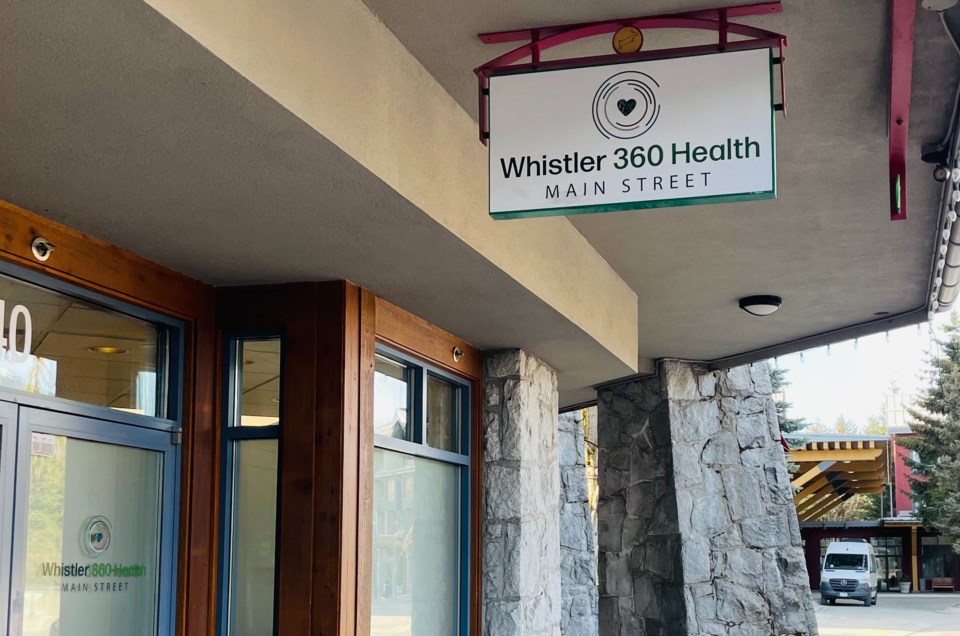It is often said that the wheels of government turn slowly.
Spend enough time in the trenches of municipal affairs, and you’ll see why.
If you’re fortunate enough to have avoided said trenches, here’s an all-too-common sample scenario to illustrate my point:
First, a problem is identified—a lack of housing, child-care spaces, or regional transit, for example.
Then, consultants are hired (if you’re a municipality that can afford it, like Whistler), and a study is commissioned.
Some months later, council may hear recommendations stemming from said study.
A discussion is had, a course of action is chosen, and motions are forwarded and eventually passed—God help you if there’s a contentious disagreement at the council table, or the local NIMBYs effectively derail the process.
This is to say nothing of the great "who's going to pay for it?" debate.
Depending on the complexity of the issue, it could take months or even years from the time a problem is identified to the time a municipal council starts taking solid steps to address it.
Whether or not the steps they take have any impact to address the problem at hand is another question entirely. If it doesn’t, cue more consultants and studies.
Take Whistler’s current housing woes, which appear to be worse than ever before in 2023 (remember the Mayor’s Task Force on Resident Housing launched back in 2016?); the ongoing lack of child-care spaces in town (what about the Whistler Child Care Planning Project, completed in 2020?); or regional transit, that perennial favourite pet project and talking point of corridor officials (studies, plans, commissions… and still no regional transit).
All of this to say that, when it comes to local problem solving, it’s easy to become jaded.
Task forces, consultants, reports, jargon—at first, it’s exciting… look at all this stuff we plan on doing!—until you realize nothing is as easy as you would like it to be; that good ideas are one thing, and effective, efficient implementation another altogether.
Soon, you start to get the sense the people running things might not actually have a plan beyond the files currently crowding their desk. Maybe, just maybe, they’re just like the rest of us: mostly making it up as they go along, and giving it their very best.
I don’t intend this as a shot at our current leadership—more a comment on the machine itself, or maybe just the inescapable fact that we’re all just imperfect humans underneath all the boasting and jargon.
So, in light of my rather low expectations when it comes to solving local problems, I have to say I was blown away recently to hear that the Whistler 360 Health Collaborative (W360) is already connecting some Whistlerites with their new physician.
That’s right: thanks to W360, as of March 29, a whole bunch of locals now have a family doctor. Another new doctor will start attaching patients in the next few weeks, and a new nurse practitioner is due to start in June.
I know this news is a relief for many in our community.
For the uninitiated, Whistler 360 stems from a Primary Care Task Force formed in early 2019 to explore the impacts of Whistler’s family doctor shortage—exacerbated when longtime local practise Town Plaza Medical Clinic closed its doors last spring—and to investigate how access to primary care in the community could be improved.
Ultimately, after reviewing a variety of successful models in other B.C. communities, the task force came up with the vision for a non-profit, community-governed, team-based primary clinic that could provide longitudinal care to a greater number of patients, while simultaneously addressing many of the issues that deter doctors from pursuing careers in family practice.
While the Whistler 360 board of directors contains just nine names, the work is being undertaken by a large, connected community with support from local stakeholders and organizations connected to health-care.
“We’ve had a lot of big milestones over the last 12 months, from achieving charitable status with Revenue Canada to receiving incredibly generous donations from the community to becoming operational with the Whistler Medical Clinic team in January. It all hit home, though, when we launched the patient registry and made that first outbound call to attach a new patient,” said W360 board chair Carol Leacy.
“That was really a moment in time when we felt our hard work and the innovative way we have worked together has created real results in helping people get the care they need and health-care providers the support they need.”
But what to say about the progress made so far? How has the Whistler 360 team done so much in so little time?
“The magic or secret sauce of W360 is the complete culture shift from a physician- and nurse practitioner-led small business model of delivery to a community-led, and governed, non-profit society model. This shifts the focus from ‘surviving’ as a small business to thriving as a multidisciplinary team that is committed to, and accountable for, the wellness of the community,” said board member and local physician Karin Kausky.
“Being part of a successful, committed, community group that has created a model of excellence, has reinvigorated and sparked joy in the entire team, both on the clinical and community side.”
The work is far from done, but it’s inspiring to see these results in our community—and to think about how Whistler’s efforts might benefit health-care in other B.C. communities in the long run.
- with files from Megan Lalonde






